According to dictionary.com, ‘Forgive’ has two meanings:
1. to grant pardon to (a person);
2. to cease to feel resentment against;
When we think about forgiveness, we usually think about it as granting pardon to a person and as a result of doing so we cease to feel resentment towards them. Correct?
In the real world it’s a little more complex than in theory, so…let’s try to understand forgiveness in a different way so we can bring clarity to this concept.
Forgiving someone who apologises with sincerity for hurting us indicates to us that the offender has acknowledged their wrong, is remorseful and has the ability to change, therefore forgiving them and ceasing to feel resentment is easier.
However, forgiving someone who has not offered an apology, has not given us the option or accepted the opportunity to sit down and resolve differences is far more difficult. Why? Because internally we may feel that the offender is not remorseful, doesn’t care or is not willing to change. So, what happens in this instance? How are we able to ‘grant pardon’ and ‘cease to feel resentment against’ in this situation?
To understand this, we need to realise that
‘Forgiving starts with the inner motivation to rid ourselves of resentment and the inner intention to be good, within reason, toward an offending person.
If that person has no inner sorrow, never intends to apologise or to make amends, then we do not exercise the outward quality of forgiveness directly to that person. Yet, we still can have the intention to reconcile if the person substantially changes and the interactions become safe. We can even show an outward quality of forgiveness, for example, by not talking disparagingly about the offending one to other people. As Dr Robert Enright explains this in his article, ‘Why Forgiving Does Not Require an Apology’
Forgiveness does not mean that what has or hasn’t happened to us in the past was right, nor is it a ticket to say that we are willing to tolerate or accept it again. It simply allows us to let go of the harboured resentment and bitterness from the pain that we’ve experienced.
Forgiveness lets us reconcile our emotions and regain a state of internal peace by acknowledging that what happened has come and gone, we accept that it happened and cannot change the past. We have learnt from it, grown stronger and moved past it.
Forgiving Yourself #selfforgiveness
Sometimes forgiving ourselves can be the hardest thing. We don’t always make the right decisions for ourselves or for the people we love agreed because no-one’s perfect. But at times we beat ourselves up so much selfblame selfcondemn about something that it becomes psychologically destructive and chronic.
I really love the article, in it’s entirety, that Michael Davidson has written on tinybuddha.com called
Learn to Forgive Yourself Even When You’ve Hurt Someone Else. He talks about his own experience grappling with self forgiveness and he provides useful and practical recommendations on how to overcome this obstacle that many face. Do check it out! Below is a snippet of the article:
When you forgive yourself, you are not pretending as though it never happened. On the contrary, you are acknowledging that your actions have consequences. But the consequences need not include self-inflicted negative feelings
The road to forgiveness can be a difficult one and it needs reinforcement daily so ensure you make a concerted effort to forgive every day if you have to.
Accept your past but move on from it… forgive so that you can start to heal.
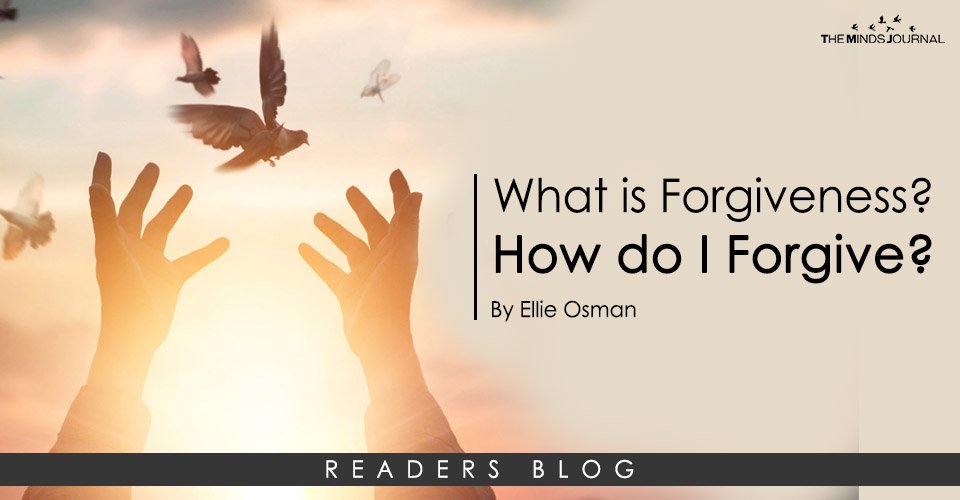

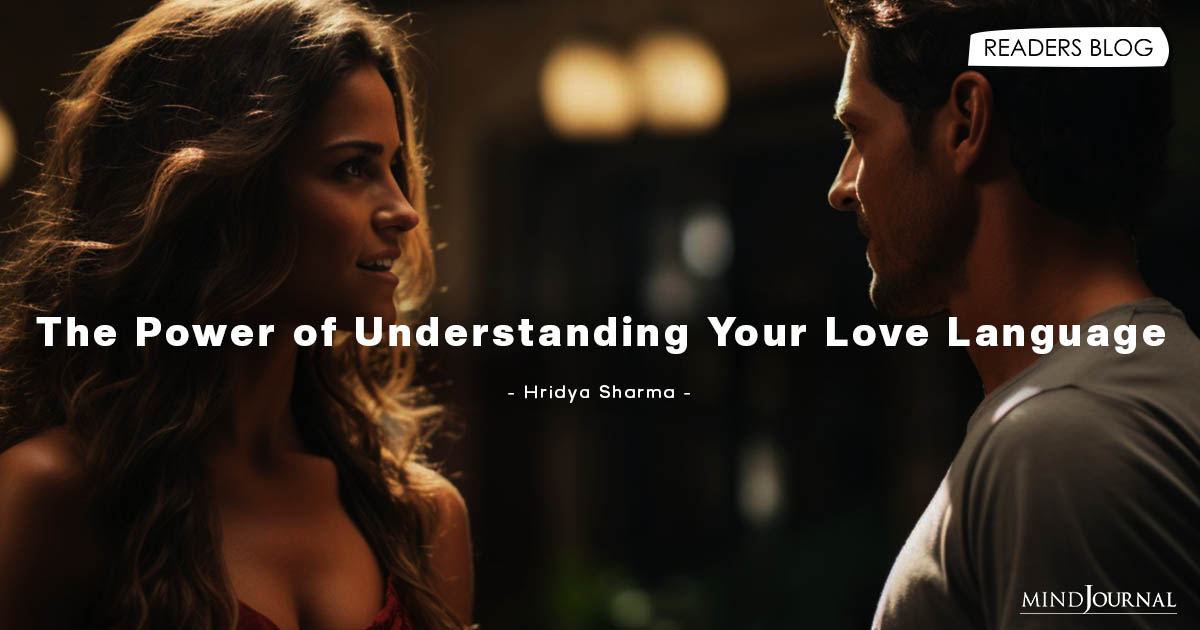
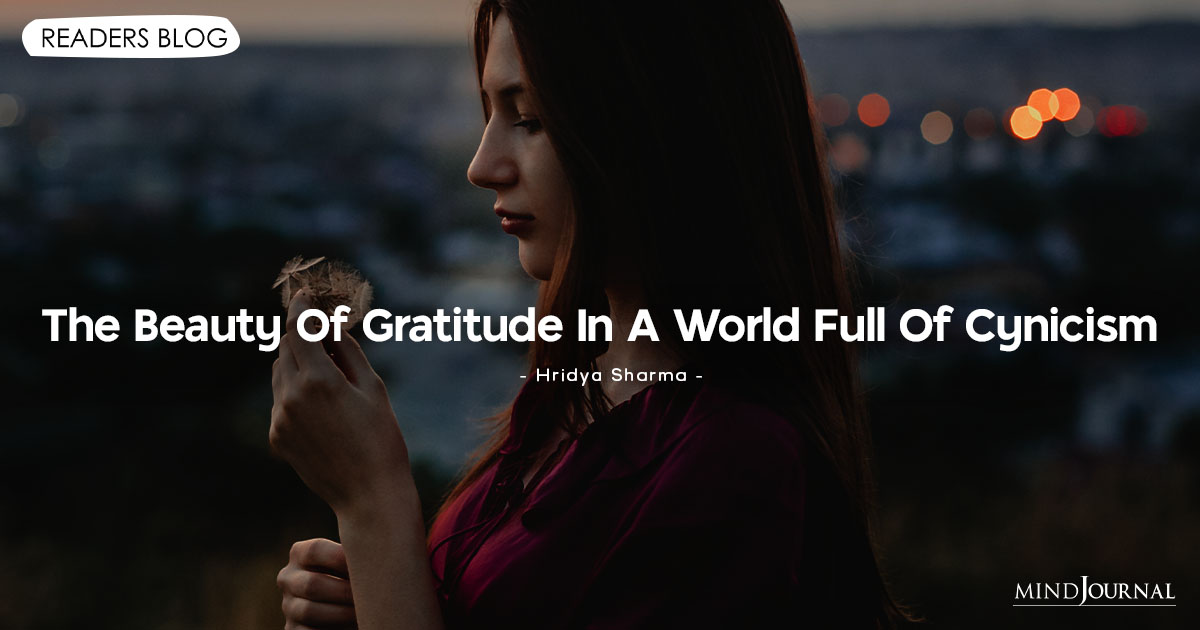


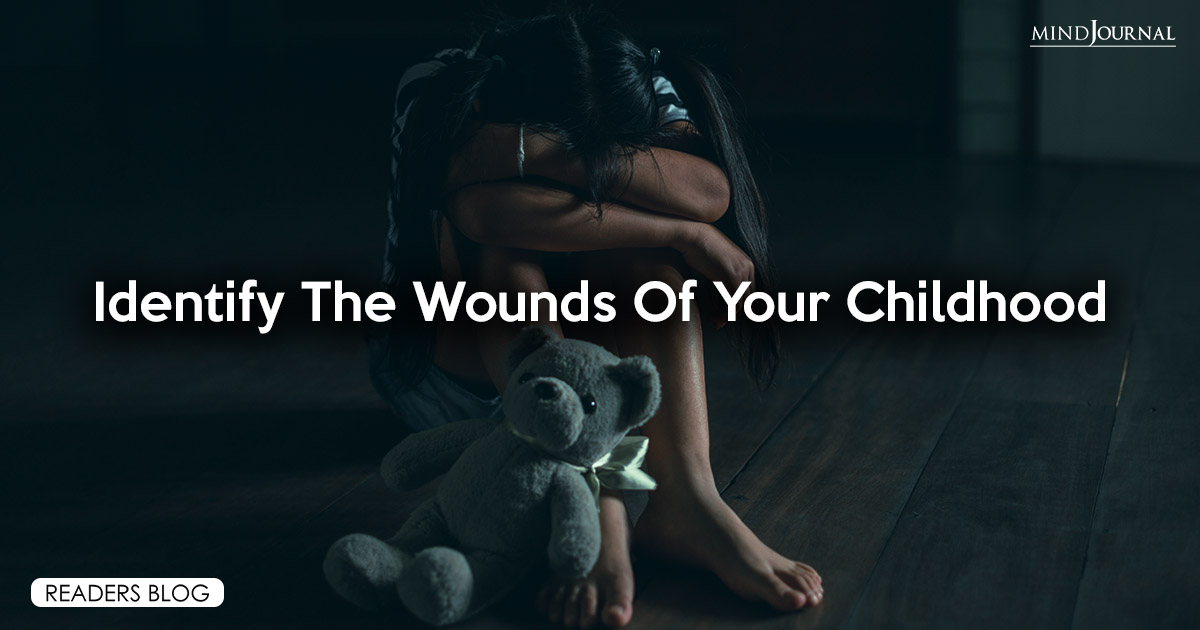
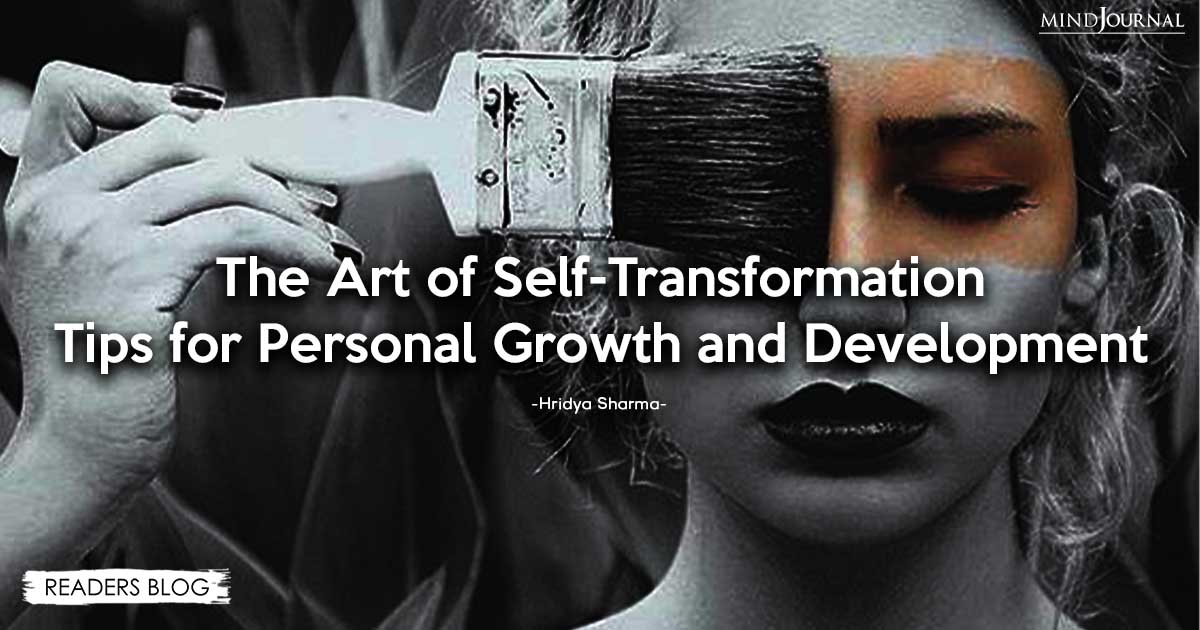
Leave a Reply
You must be logged in to post a comment.